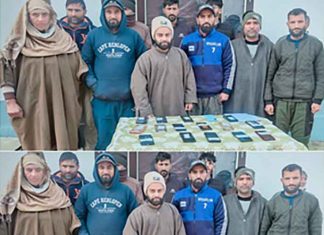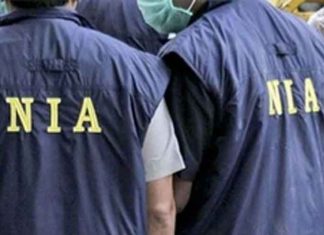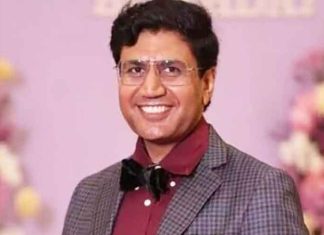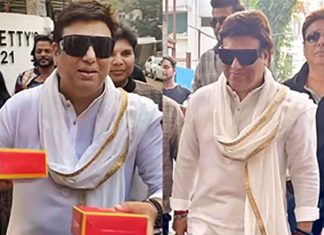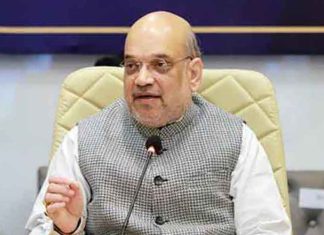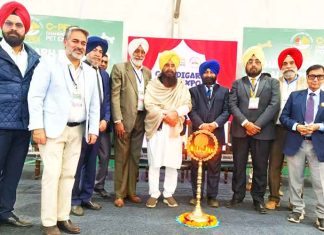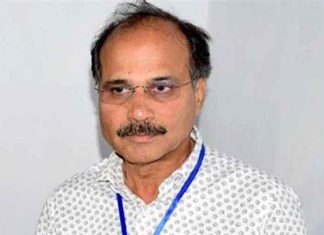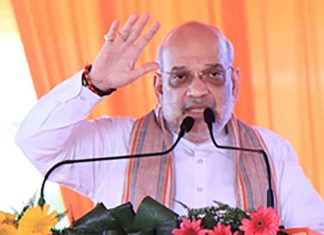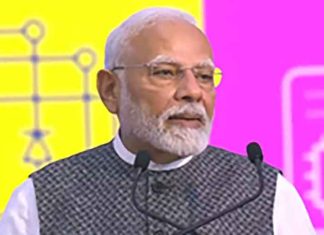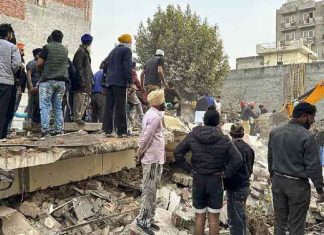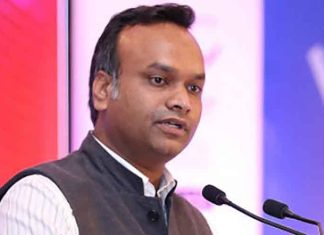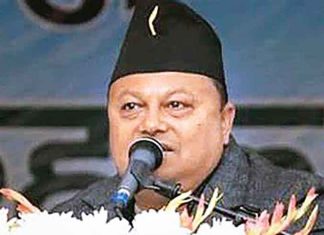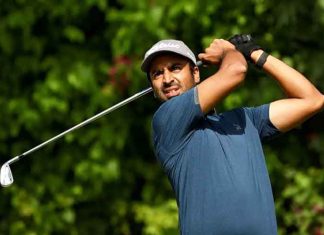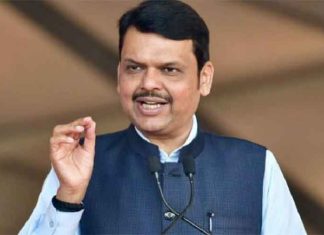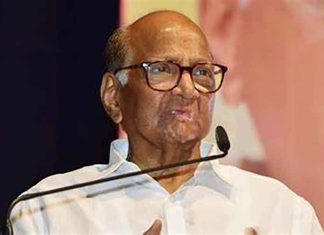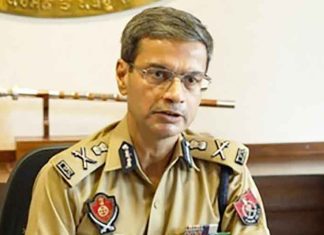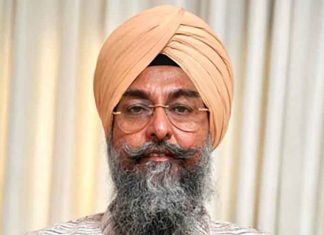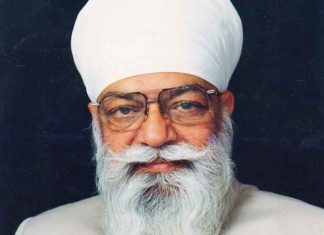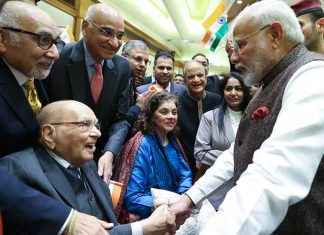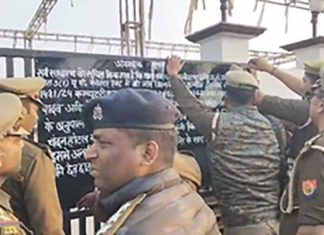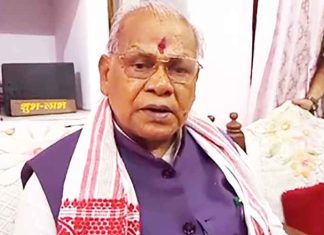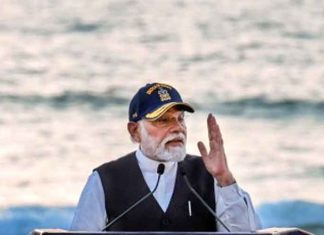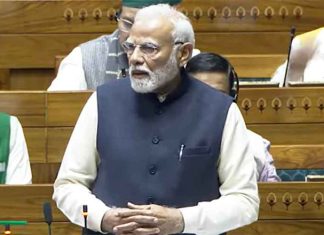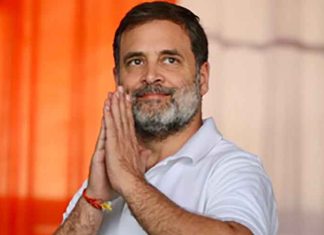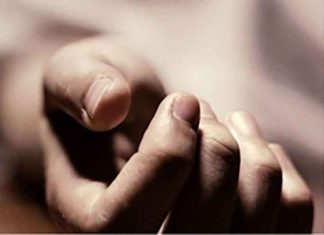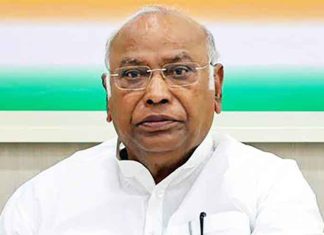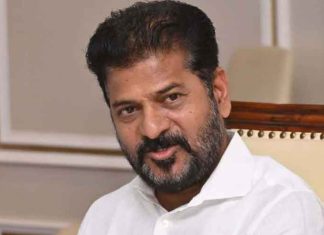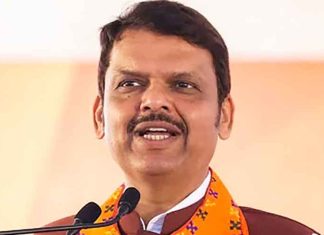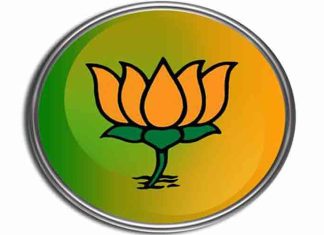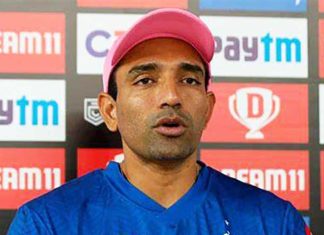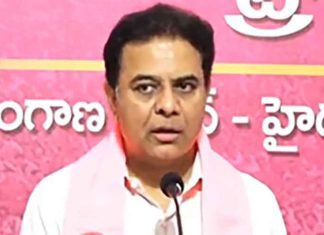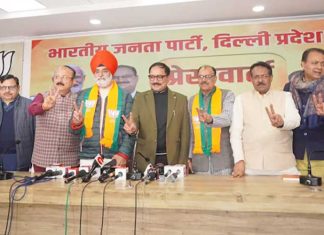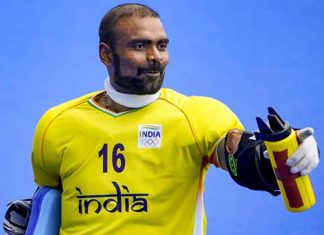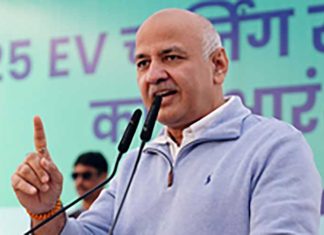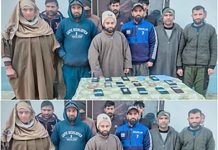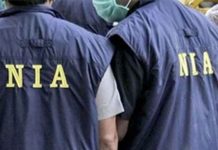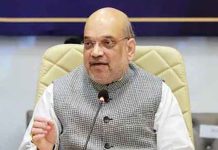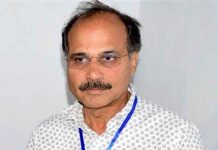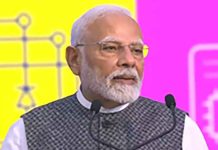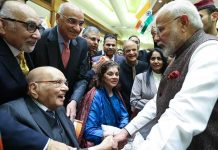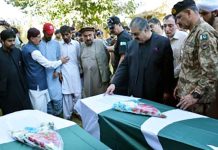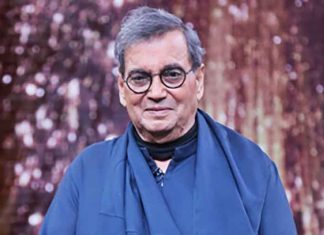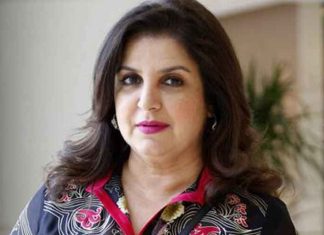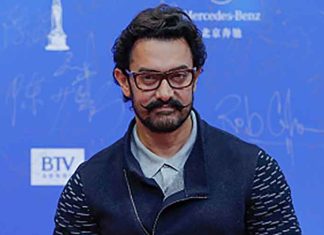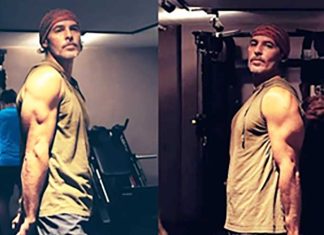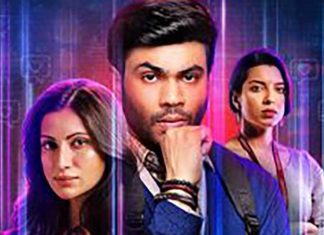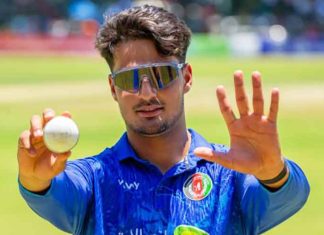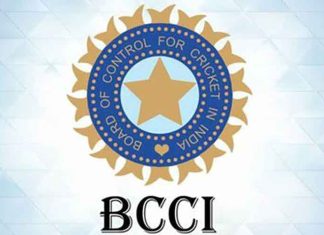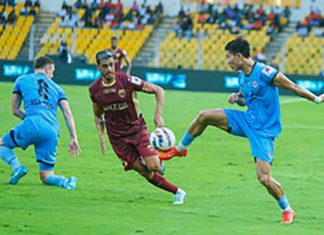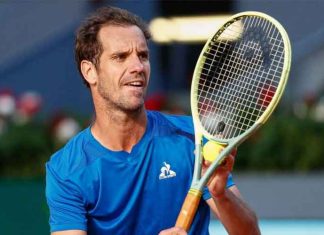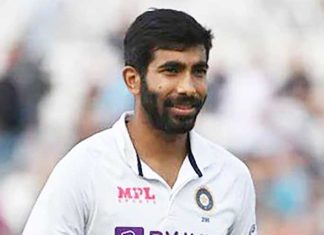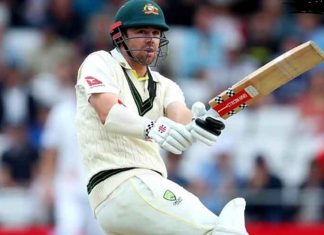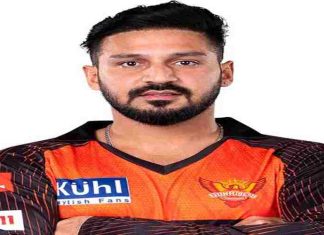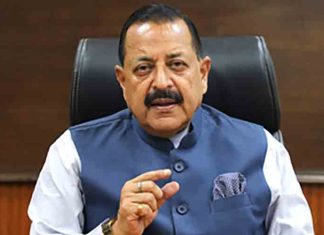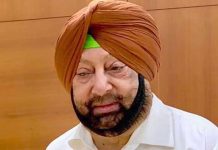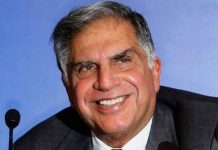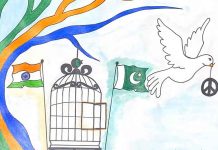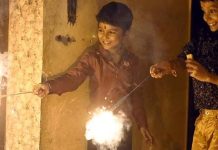Chandigarh, 4 September, 2024 (Yes Punjab News)
National-level experts dwelled on the need for the Bilateral Cornea Blindness Backlog Free India Initiative on the occasion of Eye Donation Fortnight (EDF). This was organized by the Strategic Institute for Public Health Education and Research (SIPHER) in collaboration with ECHO INDIA
Dr Rakesh president of SIPHER talked about the need for the Bilateral Cornea Blindness Backlog Free India Initiative on the occasion of Eye Donation Fortnight (EDF), which is dedicated to raising awareness about corneal blindness, promoting the life-changing impact of eye donations, and urging more people to contribute to the gift of sight.
Through education and advocacy, National Eye Donation Fortnight aims to inspire communities to understand the profound difference they can make by pledging their eyes and supporting those in need of vision restoration. He added that the theme for National Eye Donation Fortnight for the year 2024 is ‘I Can See Clearly Now’ which mainly highlights the result of eye donation.
Participating in the National Consultation on Making India a Bilateral Corneal Blindness Backlog Free (BCBBF) Country Maj. Gen (Prof) Atul Kotwal, Executive Director, National Health Systems Resource Centre (NHSRC) said that, that the issue of Corneal Blindness is very important as it is the first most common cause of Blindness in the age group of 1-49 years and the second most common cause of blindness in more than 50 age group.
He suggested lleveraging the Ayushman Arogya Mandirs as these have a mandate to improve ocular health. He also stressed involving Private Eye Donation Centers Eye Banks and Keratoplasty centers in a PPP mode.
Dr. Anil Kumar Director of the National Organ & Tissue Transplant Organization (NOTTO) under MOHFW elaborated on the importance of having a National Registry for Corneal Blind patients, The Keratoplasty centers the level of problem and ffacilitating the Bilateral Corneal Blindness Backlog Free Country initiative.
He also talked about building the capacity of Ophthalmologists, the Cornea Surgeons and the staff of Eye Donation Centers.
He said that there is a need to activate the Hospital Cornea Retrieval Program HCRP to get more good quality cornea tissue, all states need to have an apex eye bank for processing the donated cornea tissue and distributing to Keratoplasty Centers where required, we need to have more trained Cornea Surgeons but need to do away with requirement of fellowship, Eye Donation Centers need to be available at Tehsil level so that Eye Donation Movement percolates even to villages.
He also agreed with suggestions of experts that the rules need to be changed for implementation of Transplantation of Human Organs and Tissues Act (THOTA) to make Eye Donation Simpler.
The opportunity exists for Indian eye banking to grow rapidly and sustainably by leveraging global best practices with the leading eye banks in India.
Prof Dr. Radhika Tandon, RP Center AIIMS Delhi shared her experience as an external expert in making Punjab a BCBBF state in the years 2015-2016 which was presented in the meeting of Asia Cornea Society 2016.
She emphasized that all the states and UTs can replicate the initiative and our country can be BCBBF by involving all the stakeholders including Private Eye Donation Centres, Eye Banks, Keratoplasty centres and NGOs. She also talked about a study on “Evaluation of Donor Characteristics and Graft Outcomes of Corneal Transplants from Multi-Organ Donors and Cadaveric Donors under Hospital Cornea Retrieval Program”
Prof. Dr. V Rajshekhar Consultant at Safdarjung Hospital & Asst. Commissioner, National Program for Control of Blindness and Visual Impairment (NPCB VI) MOHFW impressed upon the need for a coordinated effort by all stakeholders so that patients waiting for Cornea Transplantation are not made to wait for too long and people need to be motivated to donate eyes of family members in case of a mishap.
He deliberated upon his suggestions for activating Eye Banking and that recommendations will be sent to take up the issue at the highest level. He deliberated on the initiatives of NPCB VI and presented the performance in the years 2023-24 and 2024-25, which were very encouraging.
The eminent experts Dr Ashok Sharma Director, CORNEA CENTRE, Chandigarh and Prof. Dr Shakeen Singh HOD Ophthalmology SGRD Medical College, Amritsar shared reports of their Centers for the years 2023-24 and showcased their difficult cases of Keratoplasty. They also gave important suggestions to be included in the recommendations.
The host Mr Arun Verma Director of Operations and Finance SIPHER said that There are around 1,20,000 Corneal blind people in India and 25,000 to 30,000 are added annually. Our country as a whole can perform 28,000 corneal transplants. This is far below our National requirement. We need to collect 1,00,000 good-quality donor eyes and perform at least 50000 corneal transplants annually.
Nationally, fewer donations have led to a serious shortage of the corneal tissue needed for transplants to restore vision in people suffering from loss of eyesight due to irreparable damage to the tissue. The opportunity exists for Indian eye banking to grow rapidly and sustainably by leveraging global best practices with the leading eye banks and Keratoplasty Centers in India





